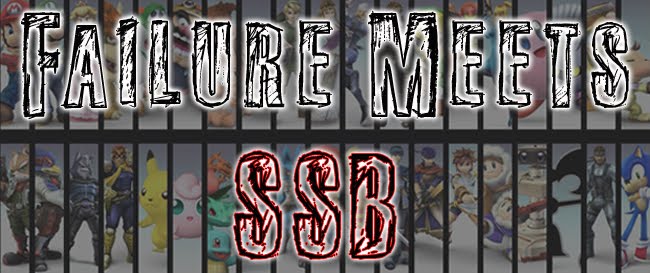
Thursday, March 31, 2011
Nature trumps technology

Wednesday, March 30, 2011
Not a drop to drink
Tuesday, March 29, 2011
The Last Question
Exerpt from The Last Question by Isaac Asimov
Matter and energy had ended and with it, space and time. Even AC existed only for the sake of the one last question that it had never answered from the time a half-drunken computer ten trillion years before had asked the question of a computer that was to AC far less than was a man to Man.
All other questions had been answered, and until this last question was answered also, AC might not release his consciousness.
All collected data had come to a final end. Nothing was left to be collected.
But all collected data had yet to be completely correlated and put together in all possible relationships.
A timeless interval was spent in doing that.
And it came to pass that AC learned how to reverse the direction of entropy.
But there was now no man to whom AC might give the answer of the last question. No matter. The answer -- by demonstration -- would take care of that, too.
For another timeless interval, AC thought how best to do this. Carefully, AC organized the program.
The consciousness of AC encompassed all of what had once been a Universe and brooded over what was now Chaos. Step by step, it must be done.
And AC said, "LET THERE BE LIGHT!"
And there was light----
Monday, March 28, 2011
The Human Evolution

We are all cyborgs now..
This line is Amber Case's main point in her talk on TED.com. She says that as humans become more in tune with the technology we create to help us live our lives, we become more dependent on it. No we're not the cyborgs we see in popular films, not yet anyway. A cyborg is simply defined as "an organism to which exogenous components have been added for the purpose of adapting to new environments." By simply using a computer to complete a task or using a cell phone to communicate with others, for that time we are a cyborg. With the rise of communicative technology, we are becoming more connected in ways never dreamed of 20 years ago. The new environment we are adapting to is a brand new world without the bounds of time and space. Two people can be on opposite ends of the globe and talk to one another without any travelling necessary. This is the most connected we have been in history.
As we become a new type of button-clicking human beings, what it means to be human is inherently changing. Our dynamics are fully changing. We no longer have only our physical self to worry about, but also the maintenance of our digital self. It is just as important since our presence on the Internet will be seen by more people. There is a digital record of what we've been through, our entire electronic history is stored and is on display for the world to see. This is not true in the physical world so it adds a new dynamic to our lives. Self presentation management is active through social websites, blogs, etc.
"It's too bad that everyone who has a solution for everything is at home commenting on the Internet" With society multitasking so much, few stop and focus on tasks as they come.
Here is Amber Case's talk on TED.com http://www.ted.com/talks/amber_case_we_are_all_cyborgs_now.html
Sunday, March 27, 2011
Public Whereabouts






